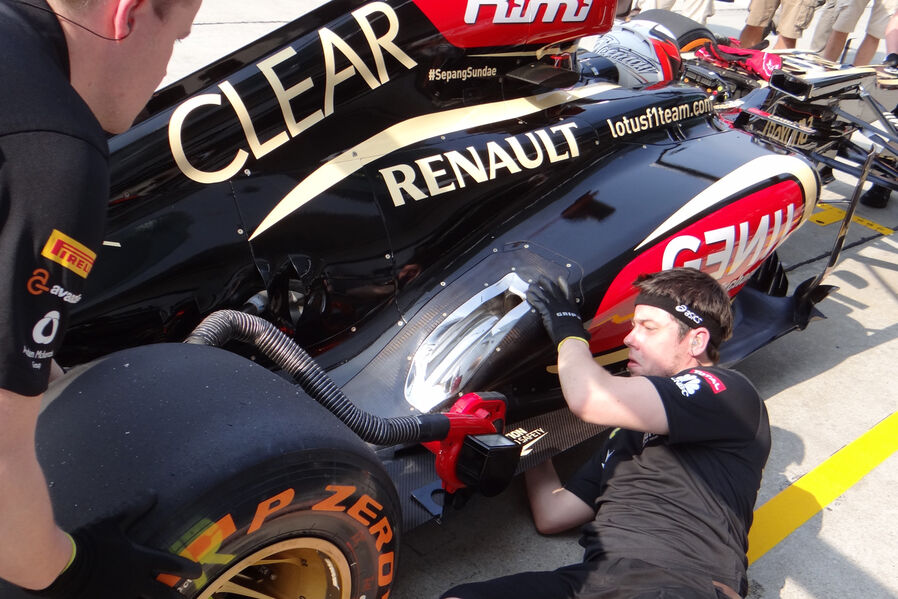Red Bull Racing is now worth $400 million, up 67% since our last valuation project in 2010, easily the largest growth of any F1 team. The team collected nearly $98 million in prize money in 2011, the most of any team, and added another $62 million in technical support, merchandise sales and sponsorships with brands like Casio, Infiniti and Pepe Jeans. And in a move that would be outrageous to most F1 teams, Red Bull reserves the majority of its cars’ sponsorship space for advertising its own world-famous energy drink.
Other owners certainly utilize F1 success to promote non-racing business interests, but most still rely on major title sponsorship deals to fund their annual race budgets. Ferrari receives about $160 million from Philip Morris’ Marlboro, McLaren gets $75 million from Vodafone, Mercedes enjoys a $55 million payout from Petronas and even a smaller team like Caterham takes home an estimated $30 million from a deal with General Electric. Red Bull, on the other hand, would rather forgo such wealthy deals and keep the exposure to itself.
That’s what you get when an F1 team is built by a marketing guru like Red Bull cofounder Dietrich Mateschitz. The Austrian billionaire has become famous for his approach to brand marketing, and Formula One ownership is just one of his many strategies (Red Bull also owns the Italian Toro Rosso, the ninth-most valuable team worth $135 million). Red Bull owns an MLS team, hosts action sports competitions around the world and funded the Red Bull Stratos jump from near-space last month. It’s a strategy that works, especially in the F1 market: One report estimates that Red Bull generated $14 million in brand exposure at the 2011 Autralian Grand Prix alone.
Yet despite all of Red Bull Racing’s recent success, the bull-branded team is still far from the top. Ferrari, the sport’s oldest and most storied team, holds the number one spot on our list with a valuation of $1.15 billion, good for the 15th-most valuable sports team in the world. That value is driven by $384 million in revenue, generated mostly from sponsorship deals with companies like Shell, Santander and Marlboro. Those three deals alone bring in nearly $250 million annually, more than any other team gets from its entire sponsorship pen put together.




